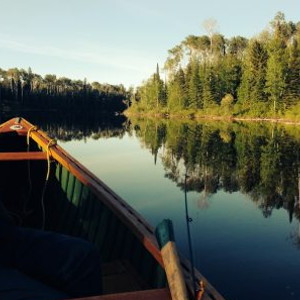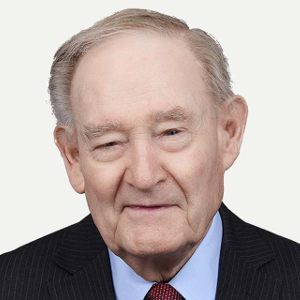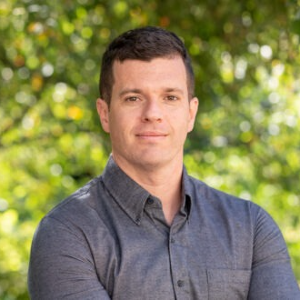Best Lawyers in Ontario, Canada for Aboriginal Law / Indigenous Practice
Practice Area Overview
Aboriginal law in Canada, in its broadest sense, is law about Aboriginal people; namely First Nations people (e.g. the Dene people or the Cree people), Inuit, people and Metis people (i.e. a distinct group of people created from the union of First Nations people and Europeans).
Much of Aboriginal law is about four important concepts: Aboriginal title, Aboriginal rights, Treaty rights, and the closely associated duty of consultation and accommodation. All of these rights are protected by s. 35 of the Constitution Act, 1982.
Aboriginal title recognizes that Aboriginal people have property rights to Canada due to occupation before assertion of European control/sovereignty. These property rights are held communally by Aboriginal nations and can only be sold to the Crown, not private parties. Title is seen commonly in areas without treaties, such as British Columbia or the Maritimes.
Aboriginal rights arise from practices, customs, and traditions integral to an Aboriginal group at the time of European contact (or effective control in the case of the Metis). Examples include the right to hunt for food or in some cases the right to harvest fish commercially. Aboriginal rights are seen across Canada.
Treaty rights arise from treaties between Aboriginal people and the Crown. It is a solemn contract and treaty promises can depend on the treaty text. The treaties in the Prairie provinces are known as “surrender” treaties as the treaty cedes land to the Crown in exchange for treaty rights such as the right to hunt for food or the creation of reserve land. Many, if not all, First Nation people dispute that they have extinguished their rights to land as asserted in the treaty.
Finally, the duty of consultation and accommodation is an obligation on the Crown (Federal or Provincial) to engage an Aboriginal group before the Crown makes a decision to do something (e.g. allow tree harvesting or allocate Crown land) that may adversely impact proven or asserted rights. This is an important obligation designed to inform the Crown decision making process by ensuring Aboriginal perspectives on Crown action are brought forward before decisions are made.
Many lawyers assist resource developers, First Nations, and the Crown on the duty of consultation as a part of the regulatory process, which is required if development is to occur. Further, many lawyers assist First Nation and the Crown in addressing title, rights, and treaty claims.
Lawyers who have a subscription to profiles appear first.
Would you like to claim your lawyer profile?
Contact UsOur Methodology
Recognition by Best Lawyers is based entirely on peer review. Our methodology is designed to capture, as accurately as possible, the consensus opinion of leading lawyers about the professional abilities of their colleagues within the same geographical area and legal practice area.
The Process
Best Lawyers employs a sophisticated, conscientious, rational, and transparent survey process designed to elicit meaningful and substantive evaluations of the quality of legal services. Our belief has always been that the quality of a peer review survey is directly related to the quality of the voters.












